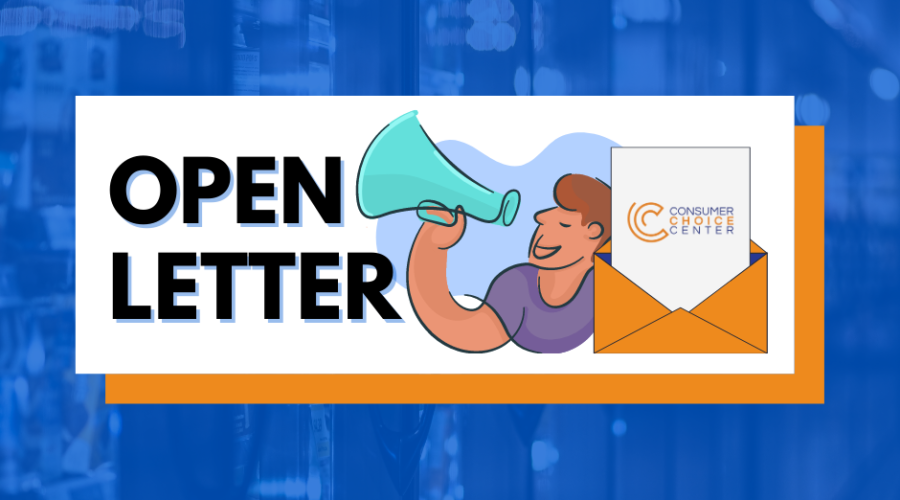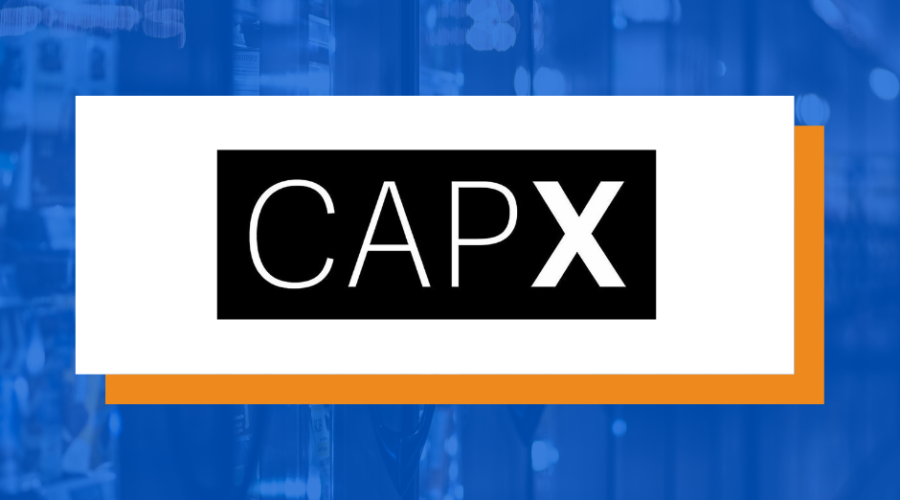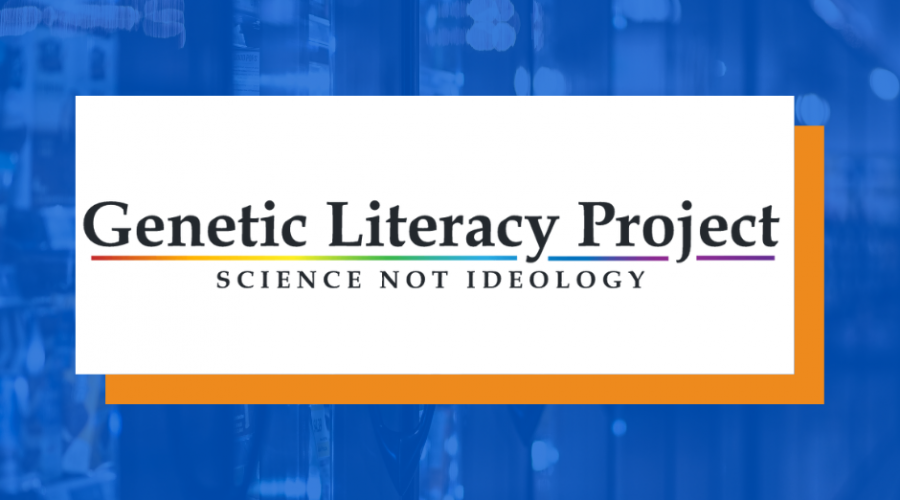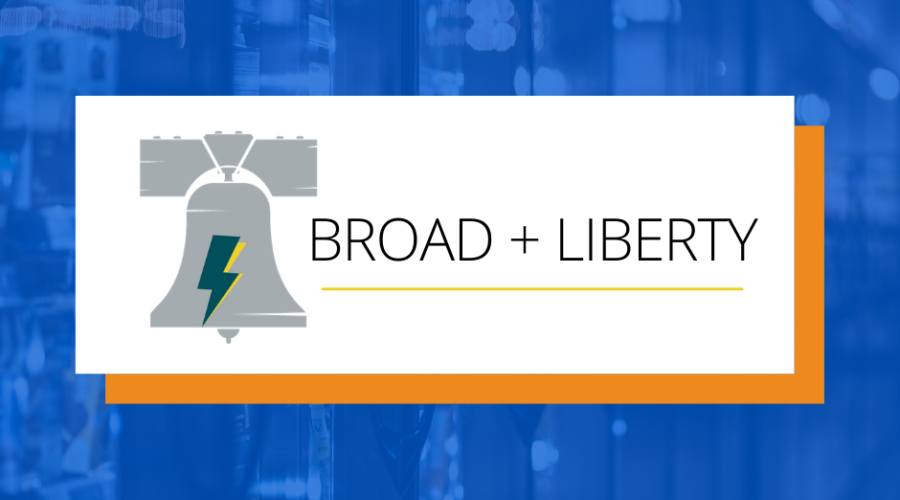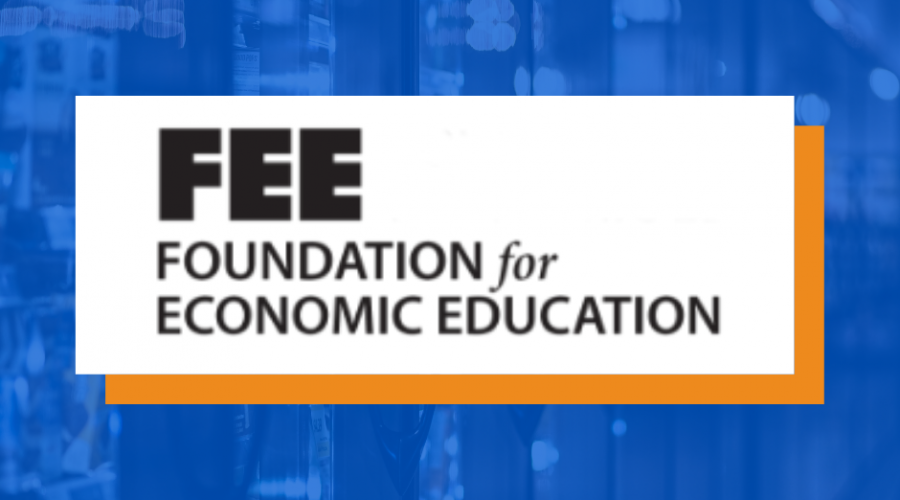Economías colaborativas: Buenos Aires quedó 9° en un ranking de 44 ciudades de América Latina
El estudio evalúa la disponibilidad de una serie de servicios de movilidad, transporte, alojamiento y actividad física a través de plataformas digitales que conectan a consumidores y prestadores.
En los últimos años, la tecnología ha presentado un sinfín de nuevas alternativas en productos y servicios que han permitido a las personas elegir y modificar sus hábitos de consumo, de acuerdo a sus necesidades diarias. La pandemia del Coronavirus produjo el desembarco de más herramientas, pero fundamentalmente ha acelerado procesos de adopción por parte de los consumidores.
De acuerdo a relevamientos realizados por PwC relacionados a diferentes estudios y encuestas sobre la temática a nivel global, el valor de la industria de la economía colaborativa llegaría a los u$s335.000 millones para 2025, compartiendo un 50% del mercado con el modelo tradicional.La investigación establece que los consumidores consideran que esta nueva manera de hacer negocios ayuda a reducir los costos de consumos diarios, implica mayor eficiencia, reduce la contaminación, genera mayor comodidad a la hora de comprar y construye una comunidad más fuerte, que basa su éxito en la confianza entre oferentes y demandantes.
Buenos Aires quedó ubicada en el noveno puesto del Índice de Economía Colaborativa Latam 2021, un relevamiento que analiza 44 ciudades de Latinoamérica y evalúa la disponibilidad de una serie de servicios de movilidad, transporte, alojamiento y actividad física a través de plataformas digitales que conectan a consumidores y prestadores. El estudio, realizado en conjunto por la red Somos Innovación, Relial y el Consumer Choice Center, también tiene en cuenta la accesibilidad que presentan dichas plataformas, en términos de requisitos, para quienes buscan ofrecer o consumir servicios a través de ellas.
Read the full article here

